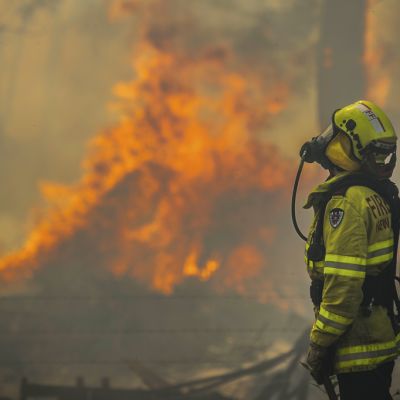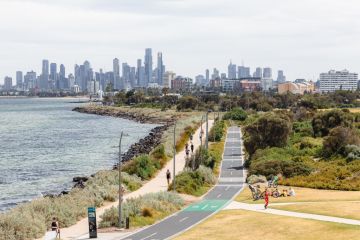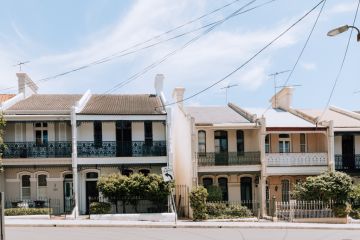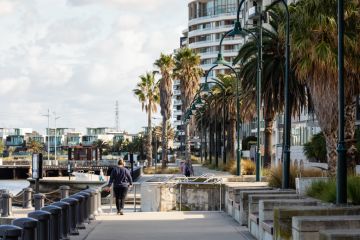'They weren’t being permitted to grieve': The psychology of losing a home
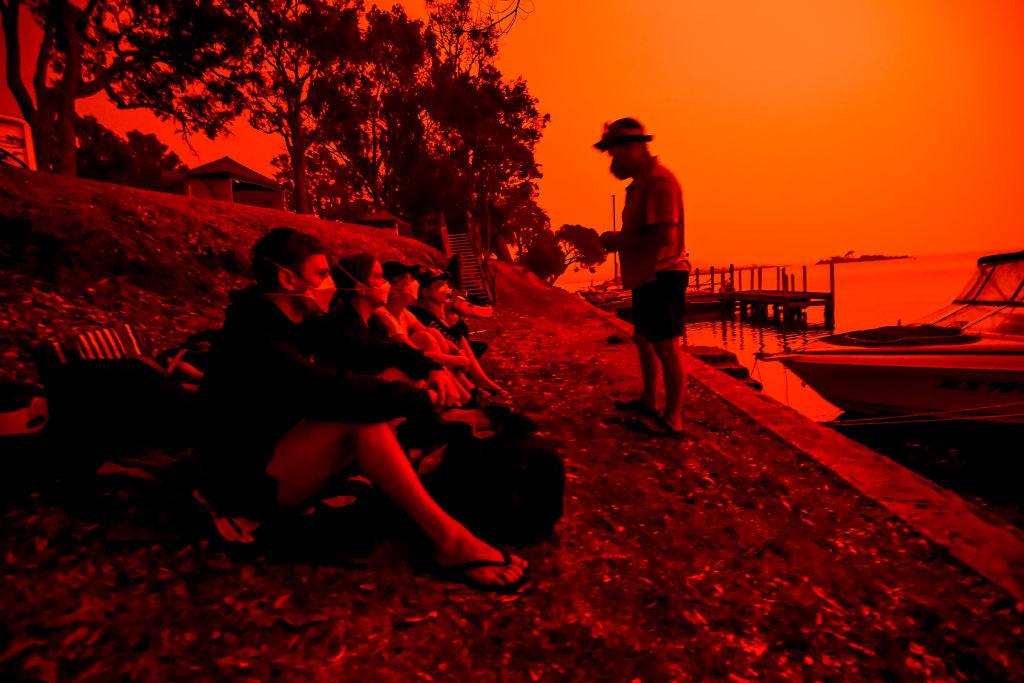
The pain of losing one’s home to a bushfire can be made worse by some forms of comfort, psychology experts warn, as hundreds of homes are destroyed by fires burning across the country.
And well-meaning encouragement to survivors who have preserved their lives but lost their homes can create a stigma around grieving for possessions.
In NSW alone more than 2240 homes have been damaged or destroyed so far this bushfire season, with hundreds lost elsewhere in the country, and the figure is likely to increase. More than 6.3 million hectares have been burnt across the country and at least 25 people have died.
Losing a home can compound the trauma of the bushfire crisis because it takes away a solid psychological foundation to process emotion, RMIT School of Health lecturer James Collett says.
“It sets you up with a secure foundation to emotionally relating to yourself and others throughout life,” Dr Collett said. “As a nation and on a psychological level we’re very invested in the idea of the home.
“Then there’s the personal and utilitarian level of not having a roof over your head, a shelter and a safe place to put things you’ve bought.”
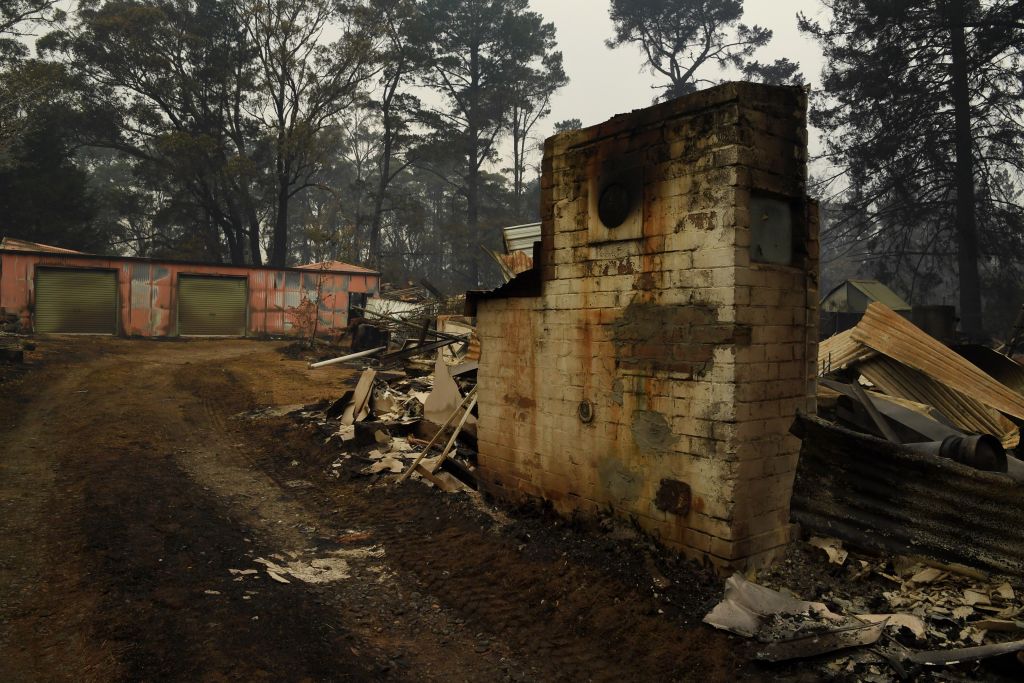
Well-meaning friends and family members can invalidate the feelings of someone who has lost their home in a roundabout way, by suggesting to them that it’s not “as bad” to lose possessions compared to lives, Dr Collett says.
A study following a bushfire disaster in the 1990s found that it was an enduring issue for survivors.
“One big finding there is a bit of a stigma about grieving for your possessions, feeling dejected and sad after disasters like this,” he said. “Often what people will say after a disaster is, ‘At least your family is OK, at least your children are OK’.
“Often what people aren’t realising when they say that stuff is it’s tremendously traumatic for people to lose all their possessions.
“So a side effect of that is that people may feel like they can’t be upset about losing their material possessions.”
The loss of the home also created a dependency on others, and removed objects from the lives of survivors which could help an emotional recovery.
“[Possessions] make us feel safe and connected,” Dr Collett said. “They remind us of past memories with people. They’re really ingrained in our life.
“We need to validate that feeling that it’s really bad to have everything you own ripped away from you.”
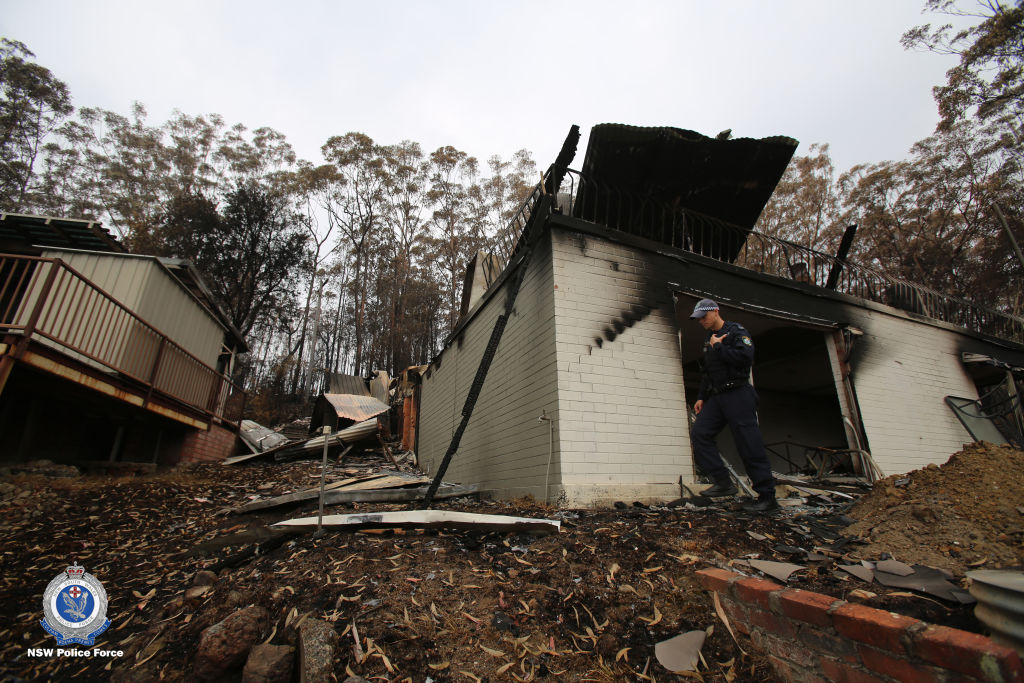
University of Melbourne’s Centre for Disaster Management and Public Safety’s Professor Lisa Gibbs said it also threw people off balance by taking possessions from them that allowed them to live a normal life.
“You lose things that are a part of your daily routine so you can’t function day to day,” she said. “When you talk about a situation like this where you have a community impact as well, you’re impacted by other people who have lost their homes, services that are impacted and roads that are closed.
“It’s an extended feeling of loss and destruction that’s really challenging.”
Professor Gibbs said the best way to support someone who’d lost anything in the fires was to be an empathetic listener, and not rush them into making any decisions about what to do in the future.
“You find the public response to these events is really caring. Part of the expectation is that people will be back in new homes really quickly but that’s not always helpful,” she said. “There’s a lot of decision-making, that takes time.
“People who lost their homes were more likely to relocate to other communities, but it is a really agonising experience for them. It wasn’t just their decision, it was a sense of loyalty for their communities.
“As a part of the decision-making, they say: ‘Will it be better for us as a family to stay here and rebuild, or leave?'”
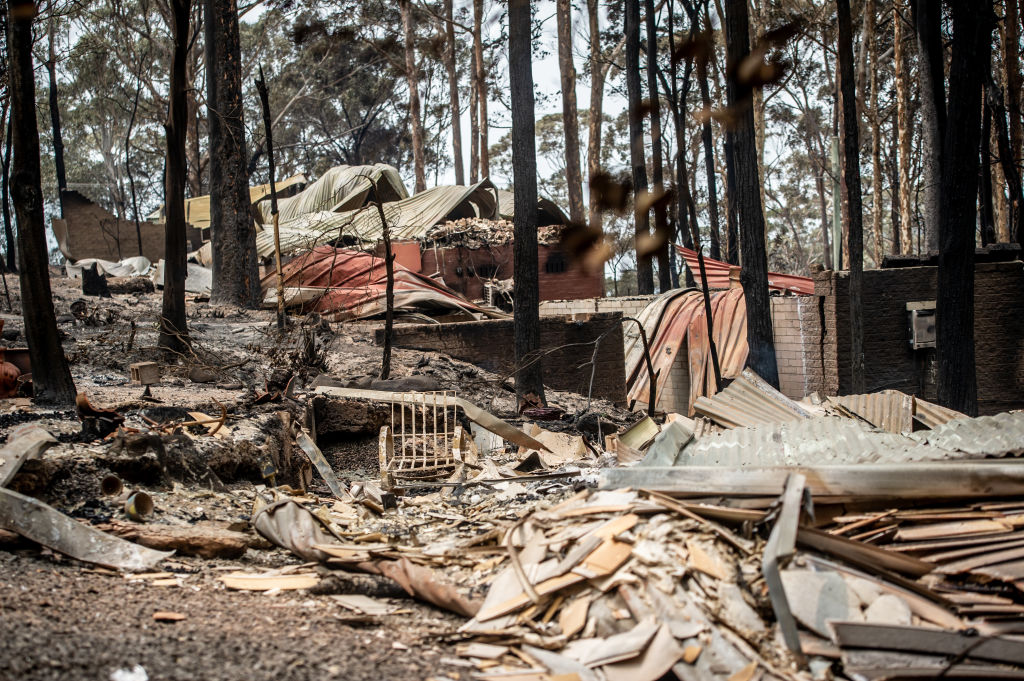
University of Sydney’s Professor Paul Rhodes said the loss felt by survivors would be compounded by the national scale of the crisis and its links to global heating, and they needed a supportive national atmosphere to help them heal.
“It’s very similar to a war,” he said. “There are existential consequences to being a refugee or being in a bushfire.
“It makes you question deeper things, doesn’t it? Our relationship to the climate and nature.
“People will start to question their beliefs and values, and I think that’s something we need to do.
“Our leadership should be effecting an emotional atmosphere to help deal with the crisis. Not the cricket, for f**k’s sake.”
Dr Collett also suggested continuing to emotionally support friends and family for months or even years following the disaster, and to keep an eye out for patterns of self-destructive behaviour like alcoholism. He said it was also good to prompt anyone who appeared to be struggling to see a therapist, once things had settled down.
Support is available for those who may be distressed by phoning Lifeline 13 11 14 (24 hours a day) or texting 0477 13 11 14 (available 6pm – midnight AEDT, seven days a week); Mensline 1300 789 978; Kids Helpline 1800 551 800; beyondblue 1300 224 636.
We recommend
We thought you might like
States
Capital Cities
Capital Cities - Rentals
Popular Areas
Allhomes
More

